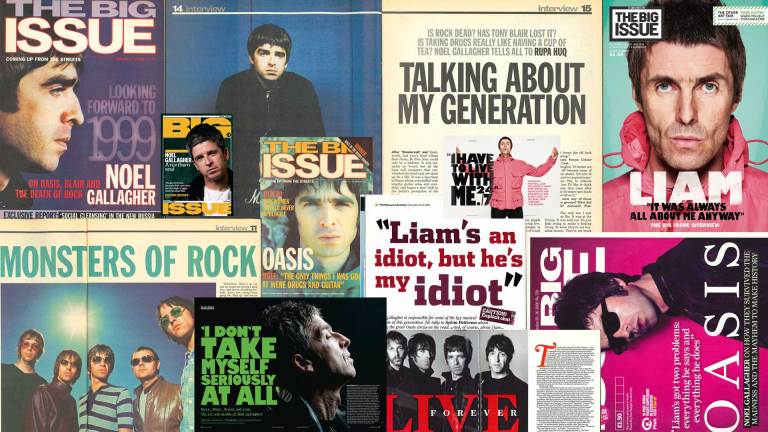The fluid concept of the mod subculture – or modernism – has been with us for a very long time.
First mentioned in a review in The Daily Sketch of a 1957 jazz concert, to delineate between fans of Traditional Jazz (New Orleans, striped waist-coated Acker Bilk devotees called ‘Trads’) from their opposite number; Modern Jazz devotees who dug blue beat and wore Ivy League clothes, the term ‘mods’ has meant different things to several different generations.
So often at the geographical centre of the cultural world, mod subculture thrived in Soho – initially in the back street jazz clubs of Ronnie Scott’s and the Flamingo in the late 1950s, where Tubby Hayes and the occasional set from Americans like Art Blakey or Horace Silver held sway or at early coffee shops like Bar Italia. By 1961 mod had changed. Same sharp Italian-styled tailoring and obsession with clothes, but the music had morphed into blues. Real, down-home Chicago blues by Big Bill Broonzy and his ilk – about as rootsy as you could get.
Support The Big Issue and our vendors by signing up for a subscription
Ever moving forward, by late ’62 the young Soho mod crowd had discovered the next generation of US sounds – called rhythm and blues, it was seen as revolutionary and was soon picked up by real, British bands pioneered by the likes of Alexis Korner and Chris Barber, who in turn influenced The Rolling Stones. Before long, R&B had been replaced by soul. And then soul in its turn by the growing wave of young, British mod-influenced groups. Suddenly mod was everywhere.
Often synonymous with the Swinging Sixties, British mod bands who had been influenced by nascent R&B sprung up overnight. The Kinks, Yardbirds, Brian Auger and The Trinity, Small Faces and The Who exploded and the mod scene was even given its own television show.










